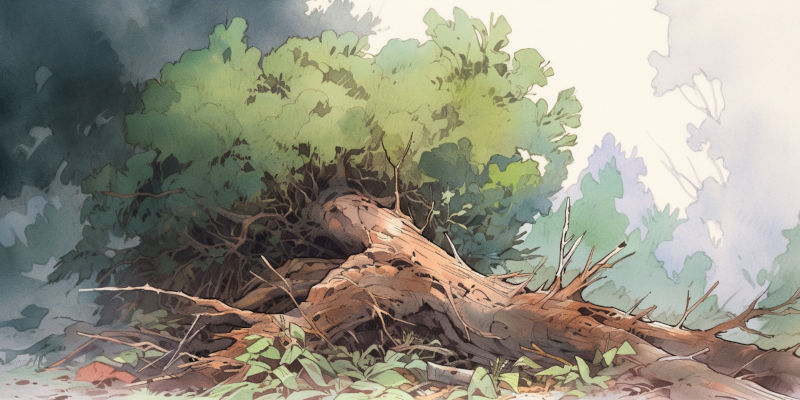If an error is logged in the cloud, does it make a sound?
 Photo by Joe Dudeck on Unsplash
Photo by Joe Dudeck on Unsplash
If a user sees an error message on your web server, how do you find out?
Does the user report it directly, if they're friendly enough? Do you read about it on social media, if they're frustrated enough? Or do you receive a notification directly from the server?
I remember one of my first jobs at Strato, a web hosting company in Germany. When we deployed a new version of our content management system, we'd log onto the web server and tail the logs to see if any errors appeared. We wanted to see if we broke anything.
I remember scrolling through this web server error log. I'd see hundreds of different errors from before we deployed. When I asked the team about them, they weren't really sure about them. "Nobody has complained about these things," they said.
Seeing errors and warnings in logs made me uncomfortable. Something was broken, and we weren't doing anything about it. I made it my mission and took a few days to go and fix every error I could. I felt that unhandled errors were unacceptable. I wanted the error log to be empty.
Ever since then, I've always set up error monitoring on any server I manage. Whenever an error is logged, I want it emailed to me immediately. I usually run a cron job that scans the error log and sends out emails any new entries every minute. It might strip out some common, unavoidable networking errors. But for any unexpected errors, I want to be the first to know.
Whenever a user trips over an obscure bug, I know before the user has time to tell me. When things break badly, and the error log starts filling up, I know immediately.
Whether you're running Apache, Nginx or serverless functions, have you looked at your error logs lately? If not, go take a look. You might be surprised what you find.
Make it your team's goal to get those errors down to zero. Set up a cron job so those errors get sent to your inbox. Or, sign up for a log monitoring service that makes this easier for you.
Don't wait for your users to complain.
